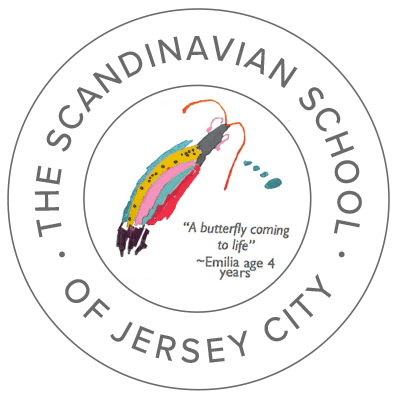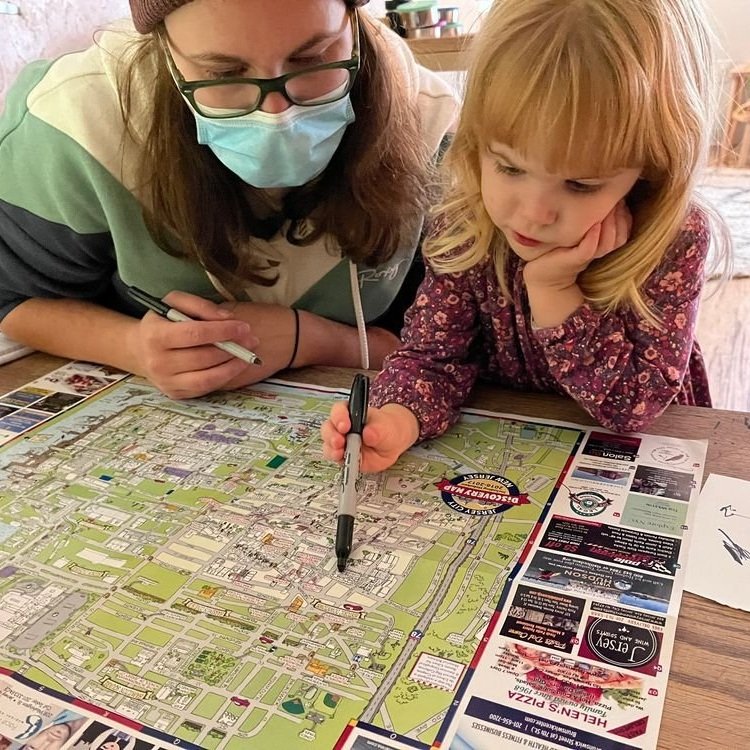The Reggio Emilia Approach
We are a school modeled by the Reggio Emilia approach, which is an educational philosophy placing the natural development of the child at its core.
About the Reggio Emilia Approach at Scandi
We are a school modeled by the Reggio Emilia approach, which is an educational philosophy placing the natural development of the child at its core. With this philosophy we view children as strong, powerful, capable, curious and nurtured by adults who take this drive towards growth seriously. Over the course of the war in Italy, Loris Malaguzzi, the founder of Reggio Emilia, was determined to help build a better future for the children and families of Reggio Emilia who were greatly affected by the war and the political leadership of their country.
Together with families they began transforming the image of the child. This strong family based approach reflects on the relationship we try to create within our Scandi School community. With our school’s humble beginnings we have allowed the growth of the school to take its own pace to reach what we are today.
The approach is also described as a child-centered and constructivist pedagogy and is based on some basic principles of respect, responsibility, and community through exploration and discovery.
The main Reggio Emilia key principles that we obey by are listed below:
-
Image of the Child
Reggio Emilia schools are based on this image of children as full of life, power and confidence. We view the child capable, competent and creative. We are deeply aware of the children’s potential and together with them we construct all their learning and the environment of their experiences to respond appropriately.

-
Project Based Learning
Investigations or projects are based on the strong convictions that learning by doing is of great importance and that to discuss in groups and to revisit ideas and experiences is the primary way of gaining better understanding and learning. Children may work on a project that is projected over a period of days, or weeks, or even months. These projects are often a collaboration with groups of children, however there are also opportunities where a child may work independently on a mini project.

-
100 Languages
We believe the children have “a hundred languages”, and when we say 100, we mean more than 100. These are the multiple ways children express their ideas and explore deeper with use of different real life materials, in writing, doing movement, drawing, painting, sculpturing, shadow playing, collaging and music, through which children communicate and learn about their world.

-
Family
Family involvement bridges the gap between home and school and is key to creating a healthy, well-rounded learning and positive child development. Families are always and will always be welcome to share their ideas or be part of a project. Families may be connected and informed throughout the day about their child’s experiences and their learning through documentation. We always welcome family expertise or professional input to our ongoing projects in the school.
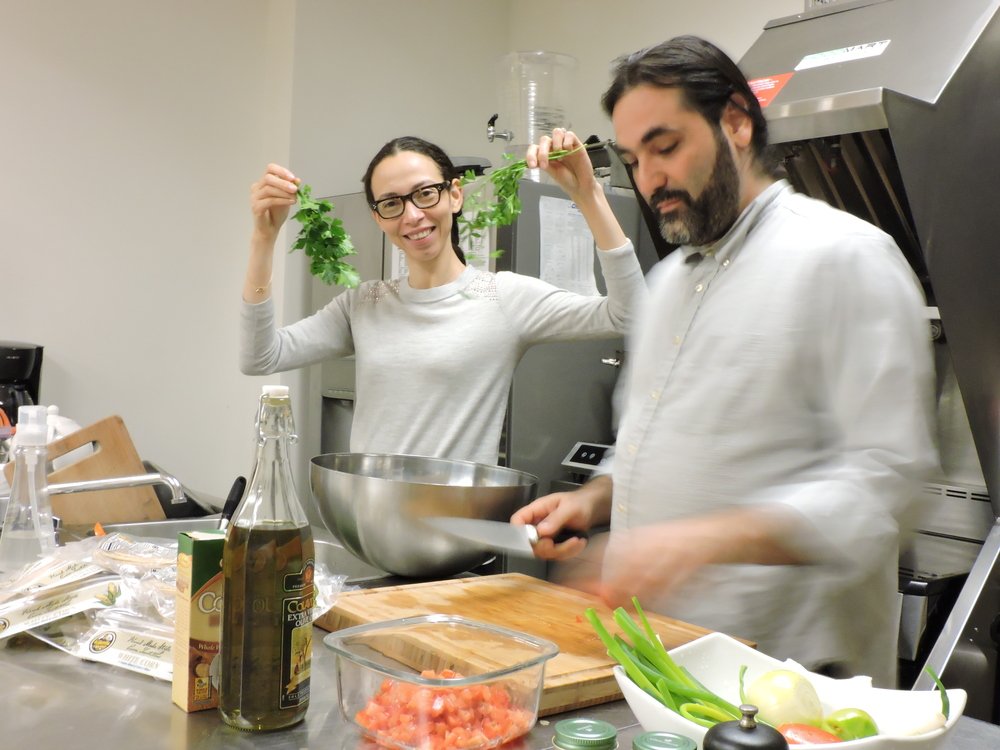
-
Role of the Environment
Classrooms set up in Reggio Emilia classrooms are rooted in the educational program's philosophy. In this approach, the classroom becomes another teacher, the third teacher. The classroom environments are calm, beautiful and open, inviting areas to explore and lots of open ended materials to work with on a daily basis.
Designing the classroom means organizing the environment in such a way to engage and inspire the child both independently and collaboratively. By doing so, provocations are set up which is an invitation to explore new materials, start a project or continue on a project. Children can pursue topics that interest them, while educators can facilitate that learning. Teachers are always customizing and changing their learning environment based on the children’s unique needs, interests or ongoing investigation.

-
Role of the Teachers
Teachers are considered researchers, learning never ends. We spend a lot of time reflecting on our approach together, discussing different topics, methods, inspiring each other and learning new tools to create the best possible educational experience for the children.
Teachers are viewed as guides who observe children without necessarily interfering with them. They play a critical role by being the child’s partner and recognizing many learning possibilities.
The professional impact of these experiences is evident in the way our school has transformed over the years. Not only have we been able to draw upon the many examples of quality work seen in Reggio Emilia as inspiration, but we have also delved deeper into the philosophy and the children’s right to explore the world surrounding them, and constantly reflect on this with the teachers.

-
Documentation
In order to further the learning process, teachers listen, observe, document, work alongside them and reflect on the experiences with the children. Documentation begins from an observation of a child or group of children. It is an ongoing process and it illustrates the experiences the children have at school with evidence, transcripts and artifacts gathered. Documentation may be a chronological process of a specific project, a new experience, a thinking, a question, even a conversation between teacher and student. These can also be viewed as one form of assessment, however the documentation may build up over time as new experiences, questions or ideas come up.
There are many ways to look at and think about all of the experiences and activities when working with children. It is crucial to look at the child’s development from a different perspective as well. Observing and documenting the child helps with this, it opens up so many layers of how to facilitate their curiosity and construct a valuable lesson or activity in the future.

Learn More About Our Pedagogy
-
Professional Development
We value professional development as part of the growth for our school and for ourselves as pedagogues. We spend plenty of time reflecting on the child’s experiences and our practice.
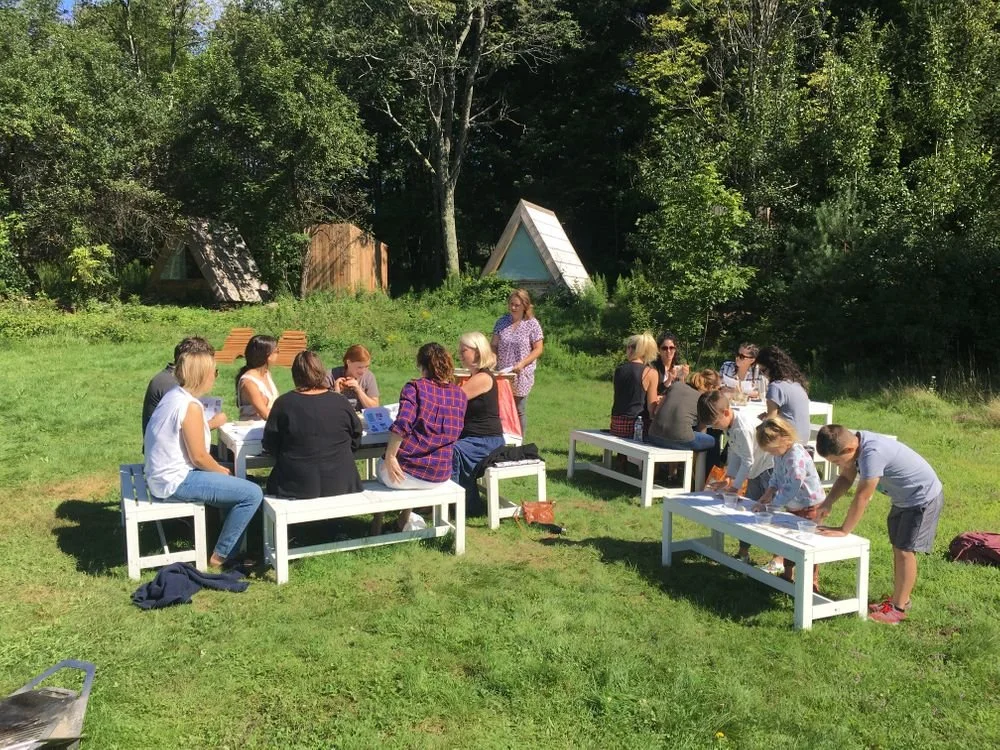
-
Place Based Learning
This pedagogy further builds on our vision of the environment as the 3rd teacher and reaffirms our pillars of Outdoors, Eco-Sustainability, Mindfulness, Social Justice and Image of the Child as the center.
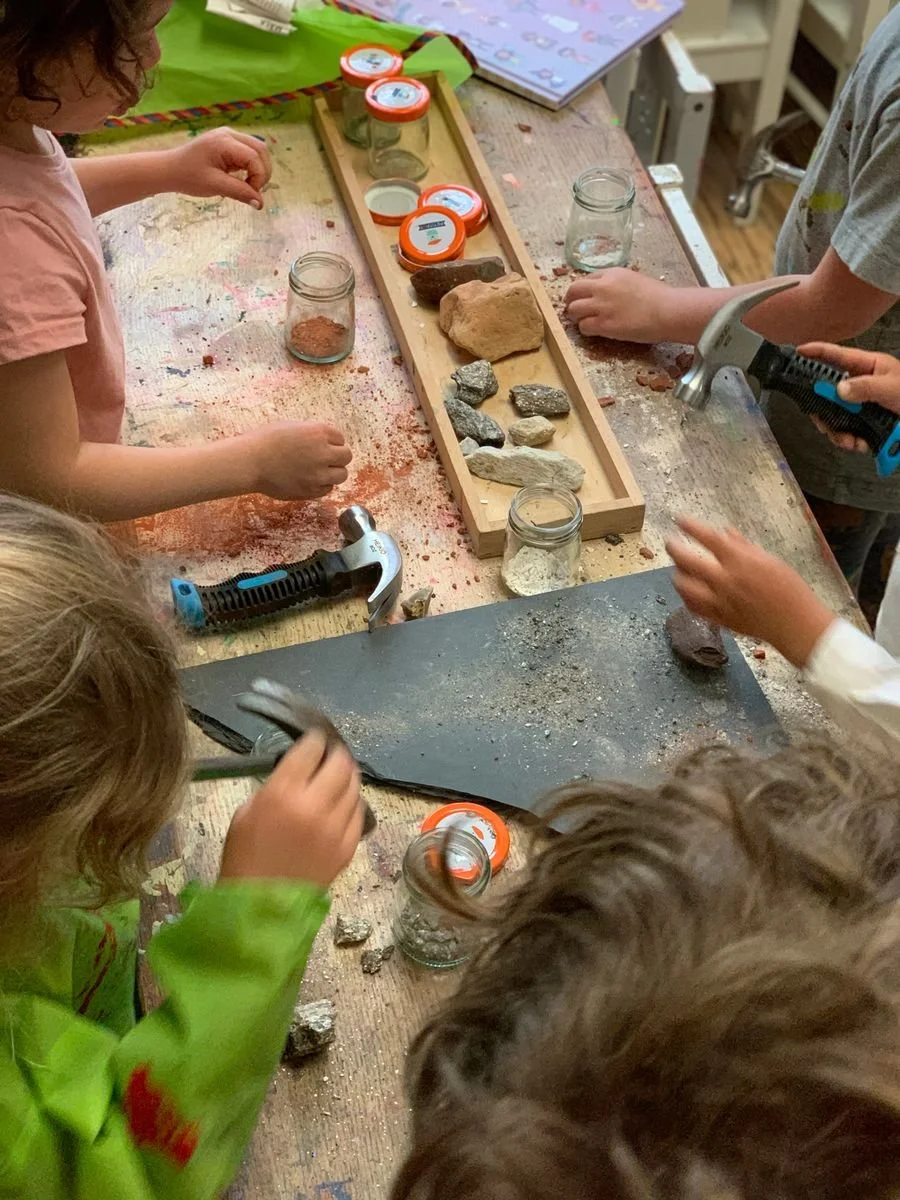
Visit us
We invite prospective parents to get a sense of the Scandi School experience through in-person tours of the school, virtual info sessions and virtual classroom tours.
